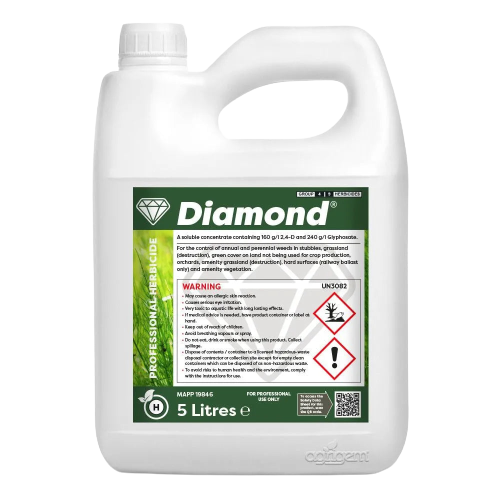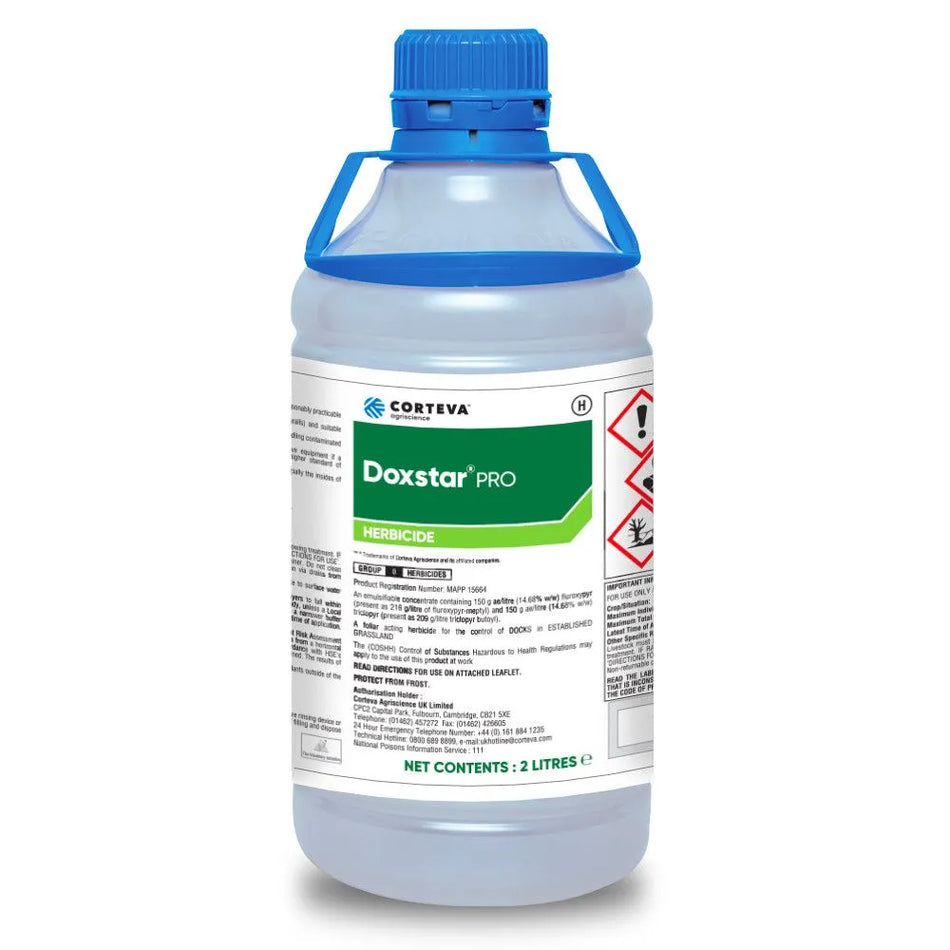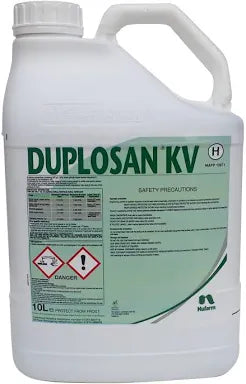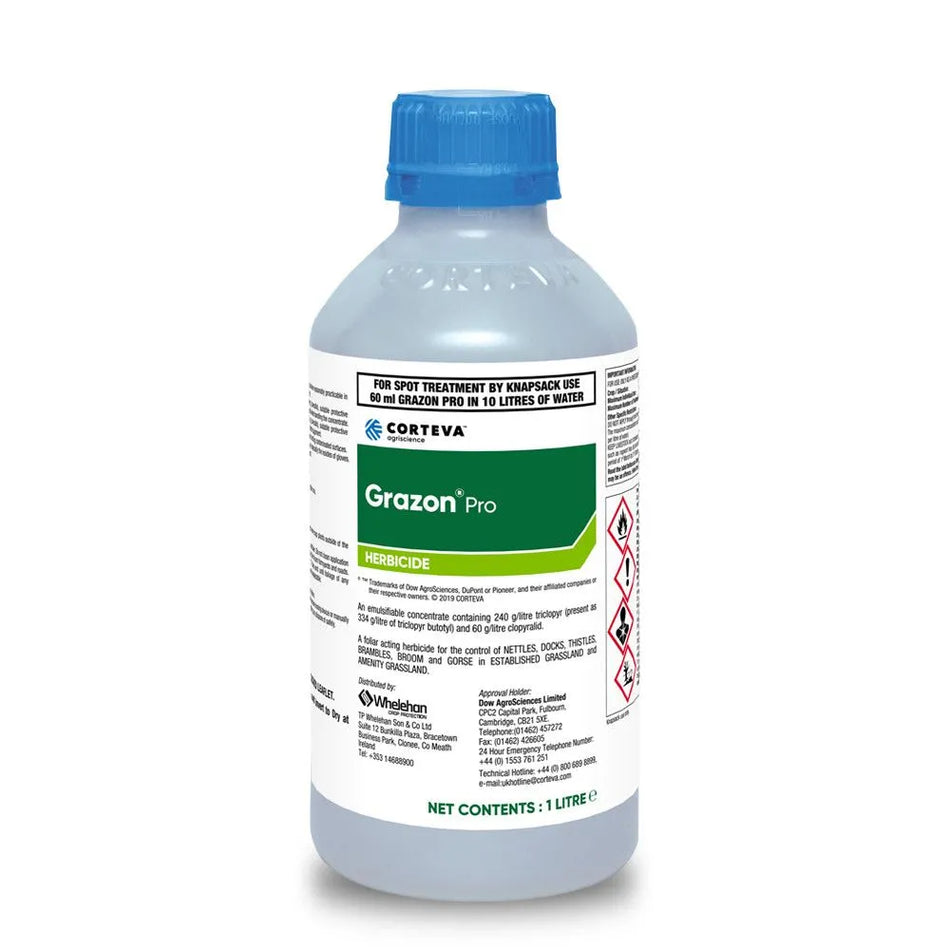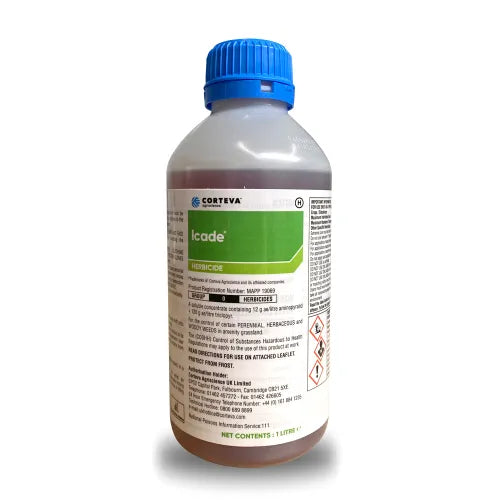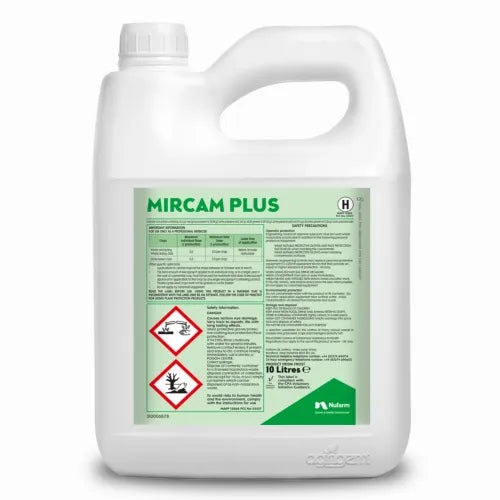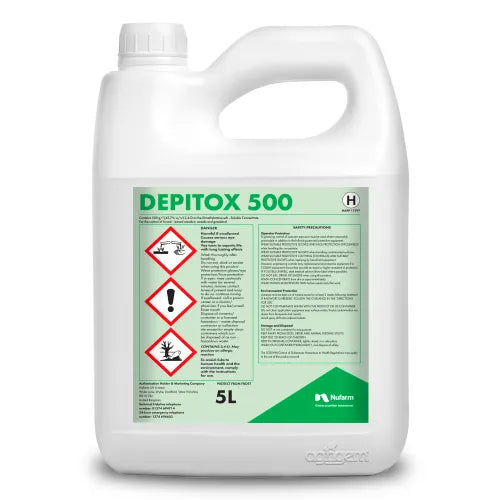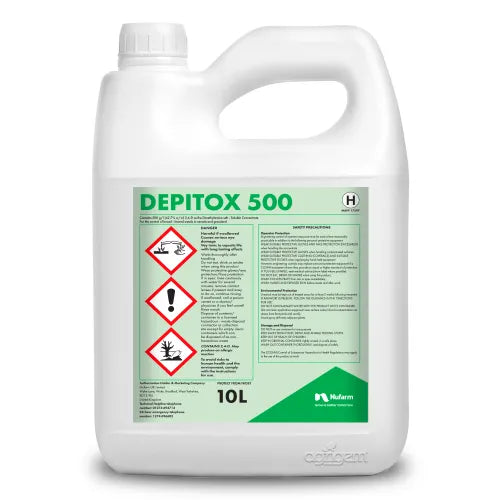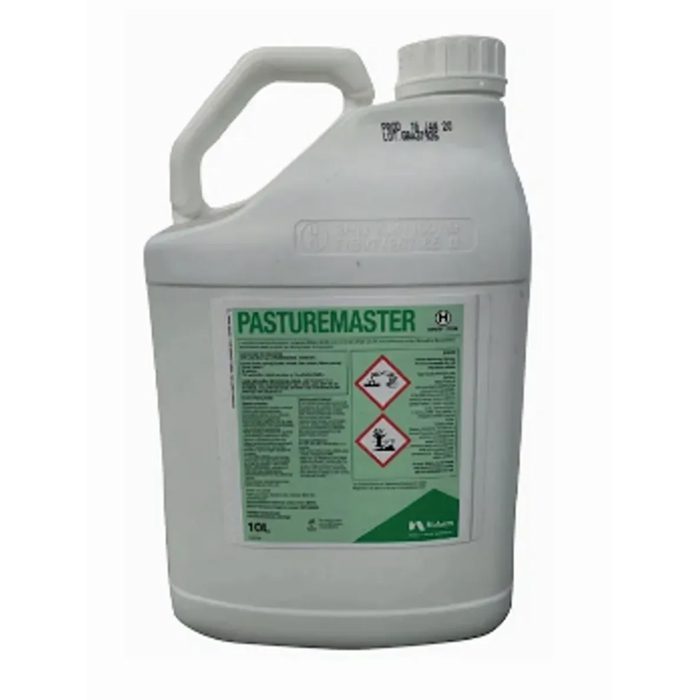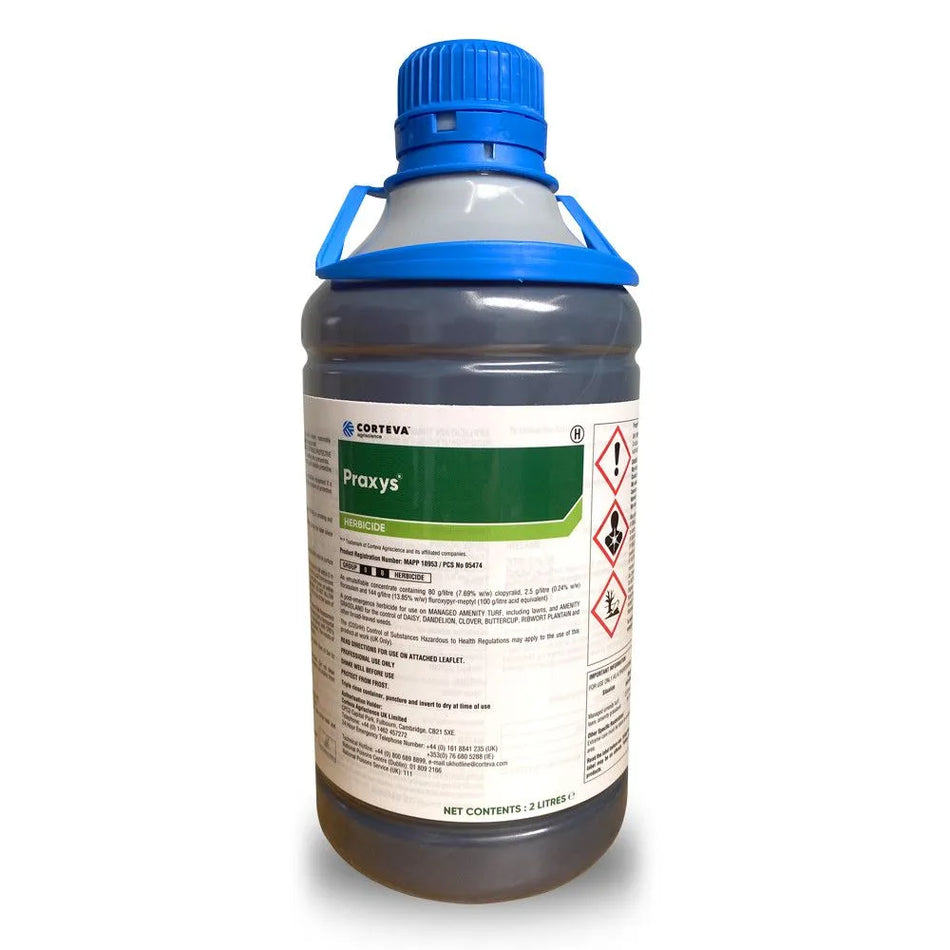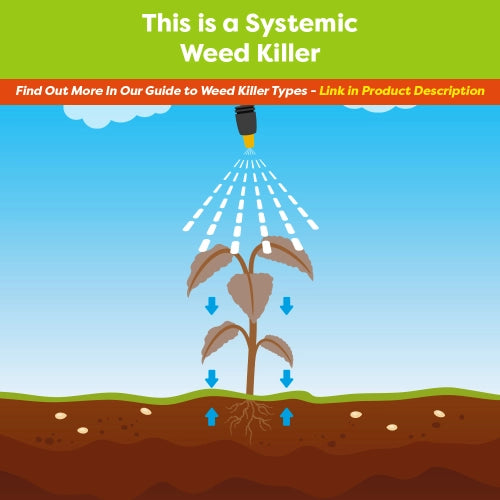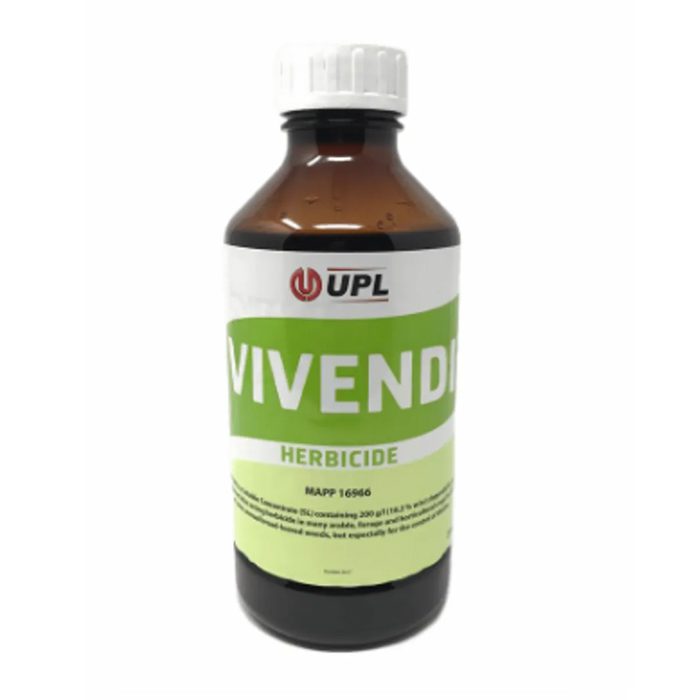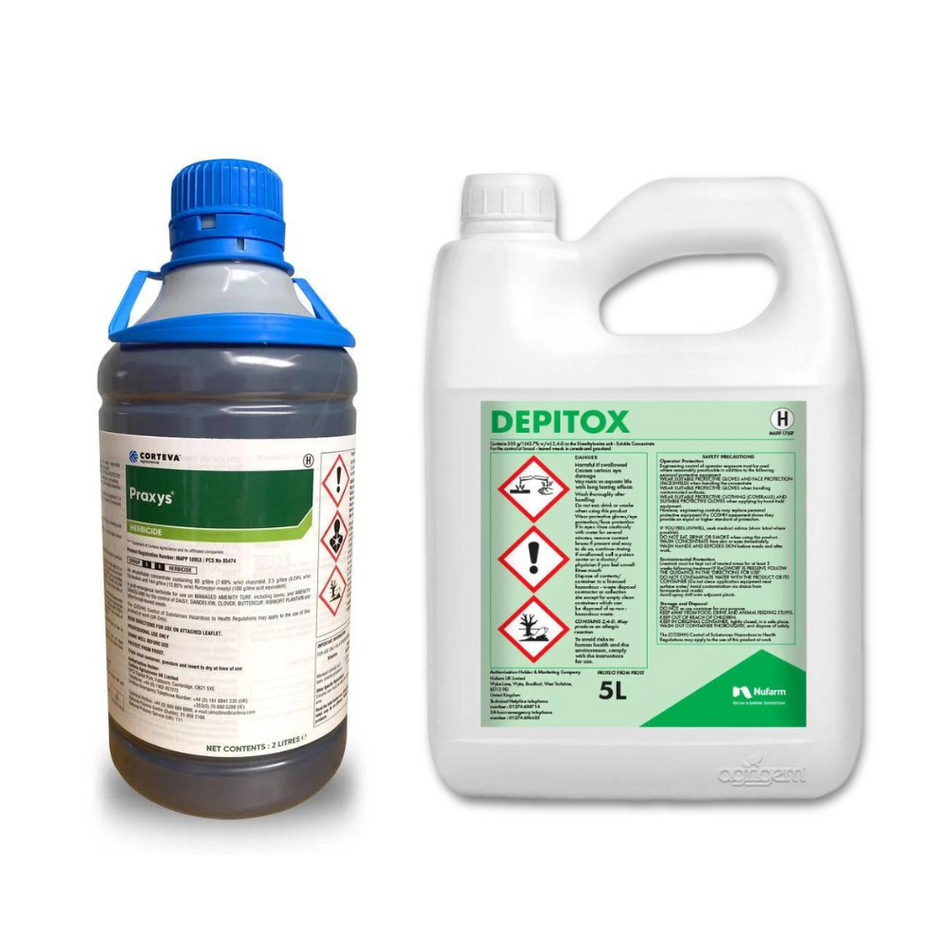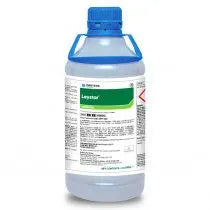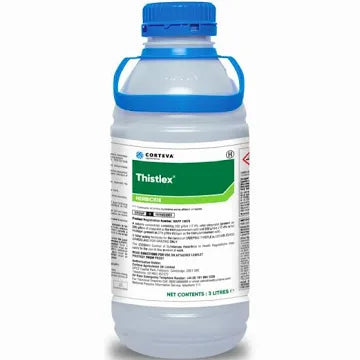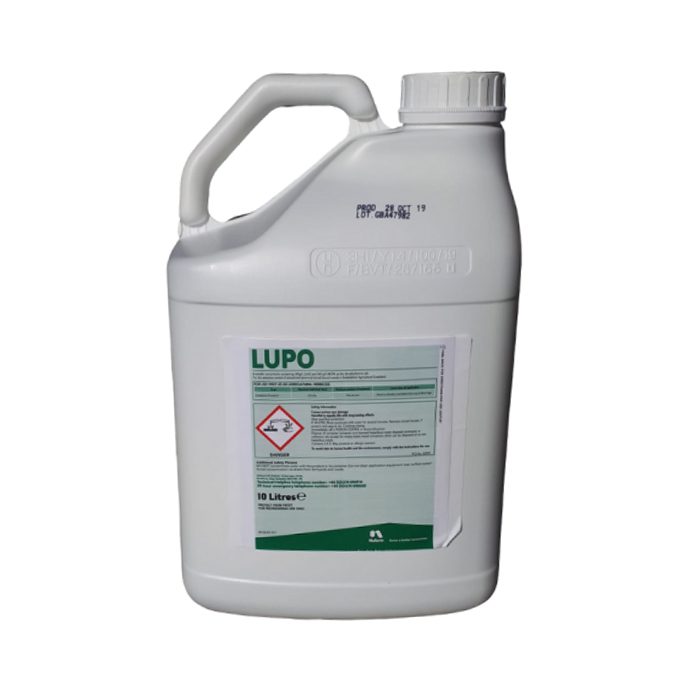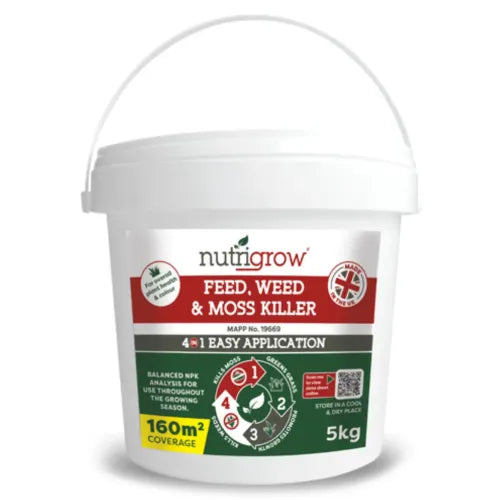16 Products
Fast Delivery
Same Day Dispatch Available On Orders Placed Before 12pm
Expert Advice
Best Advice Guarantee, We Have Qualified Experts
Trade Accounts
Trade Accounts Available. Trade Discounts, Exclusive Offers
5 Star Reviews
Excellent Service, Fast Delivery - Our Customers Love Us!
Collection: Selective Weed Killer
Selective weed killers are herbicides designed to target and kill specific types of weeds while leaving other plants unharmed. They are also known as targeted herbicides because they only affect certain types of plants.
Selective weed killers are commonly used in lawns, gardens, and agricultural fields where unwanted weeds need... Read More
Selective weed killers are herbicides designed to target and kill specific types of weeds while leaving other plants unharmed. They are also known as targeted herbicides because they only affect certain types of plants.
Selective weed killers are commonly used in lawns, gardens, and agricultural fields where unwanted weeds need to be controlled without damaging desirable plants. These herbicides typically target broadleaf weeds or grassy weeds, but not both.
Common active ingredients in selective weed killers include 2,4-D, dicamba, triclopyr, and clopyralid. These herbicides are often combined with other ingredients to enhance their effectiveness and reduce the risk of resistance.
Selective weed killers can be applied using various methods, including spray, granular, and liquid applications. However, it is important to follow the manufacturer's instructions carefully to ensure that the herbicide is applied correctly and at the right time to achieve optimal results.
While selective weed killers are generally considered safe for use around desirable plants, it is still important to take precautions when using these products. For example, avoid applying them on windy days to prevent drift onto nearby plants, and always wear protective clothing and gloves when handling herbicides. Additionally, be sure to follow any restrictions or warnings listed on the product label to avoid damaging the environment or harming human health.

